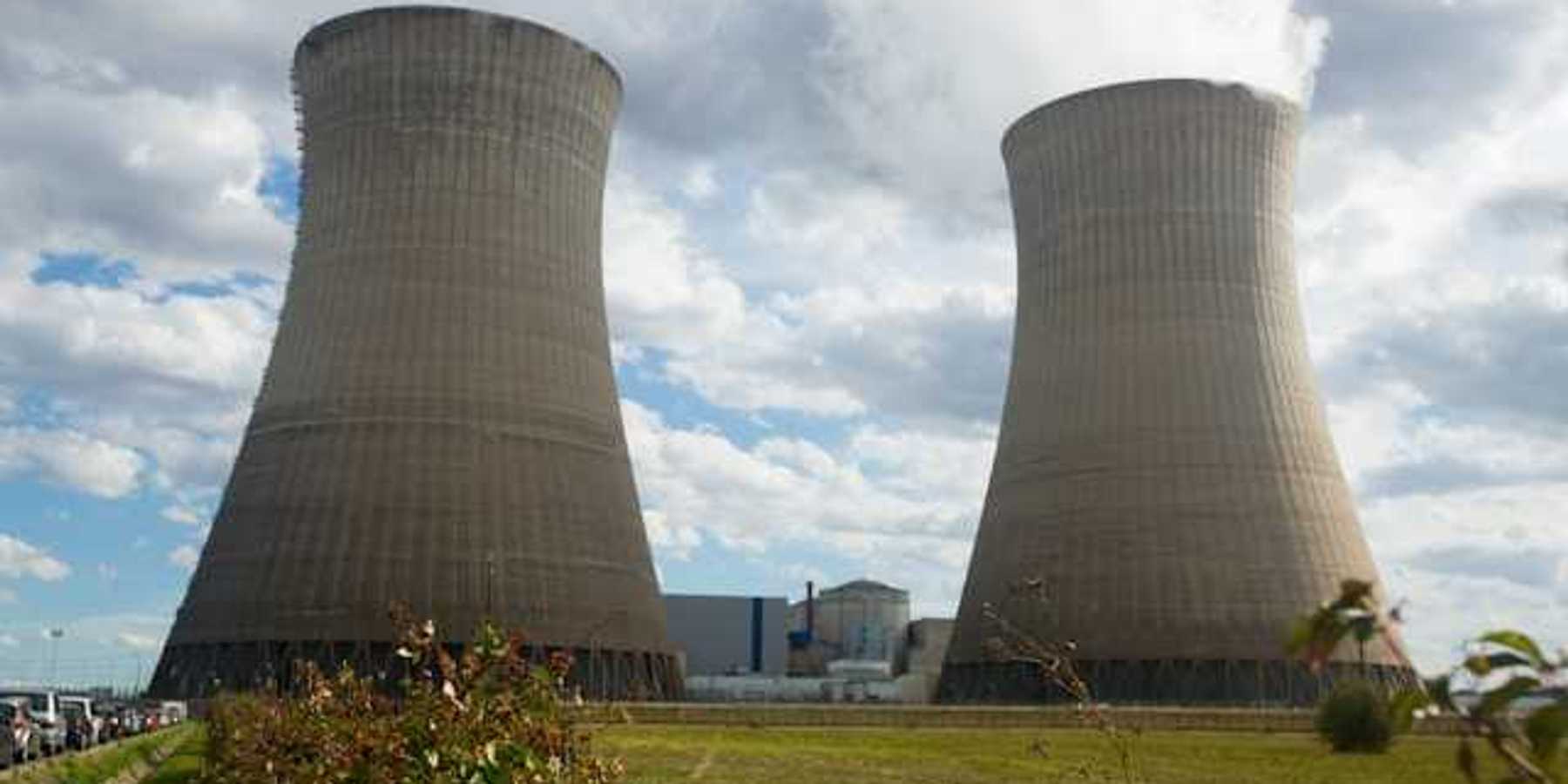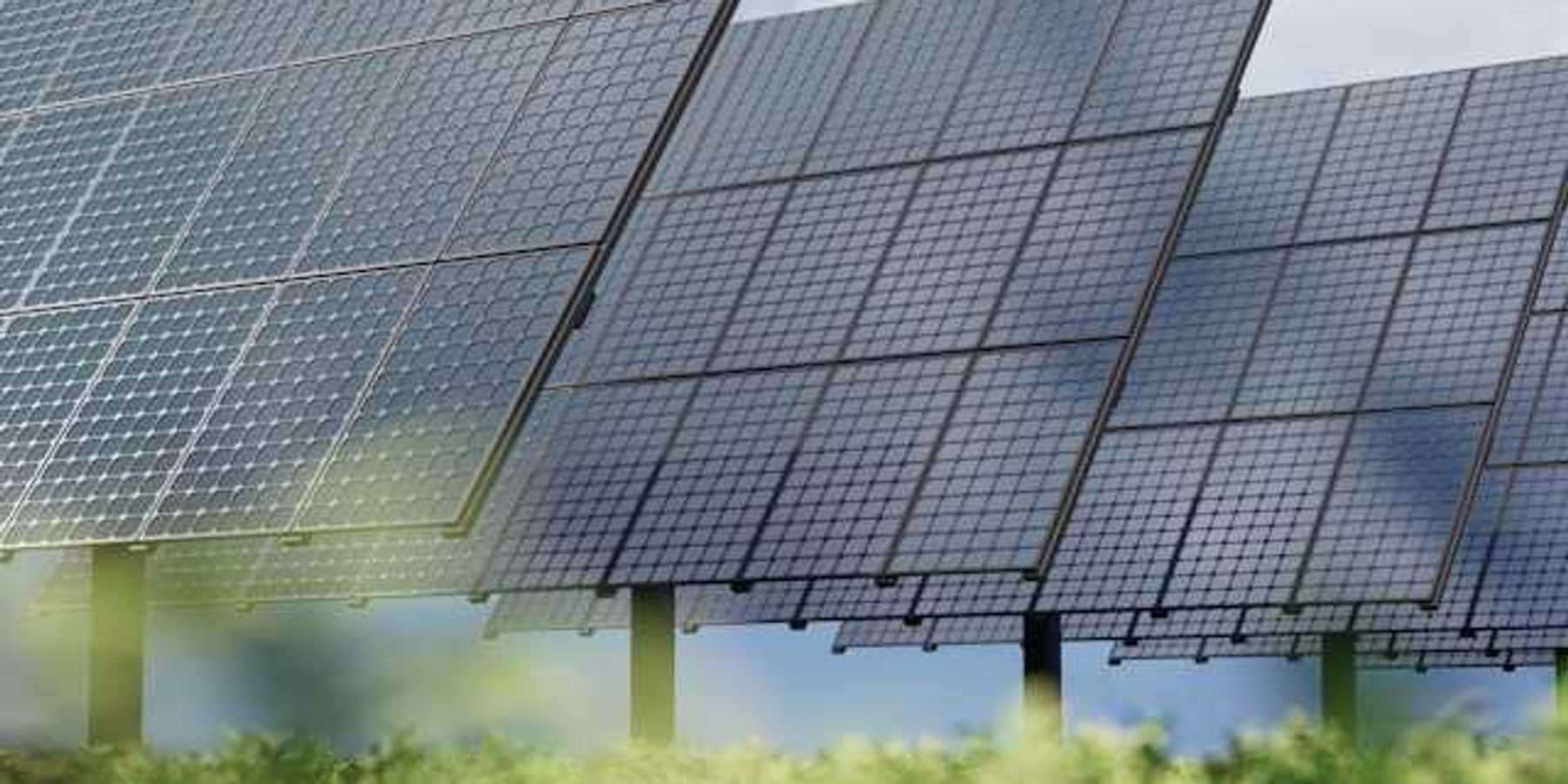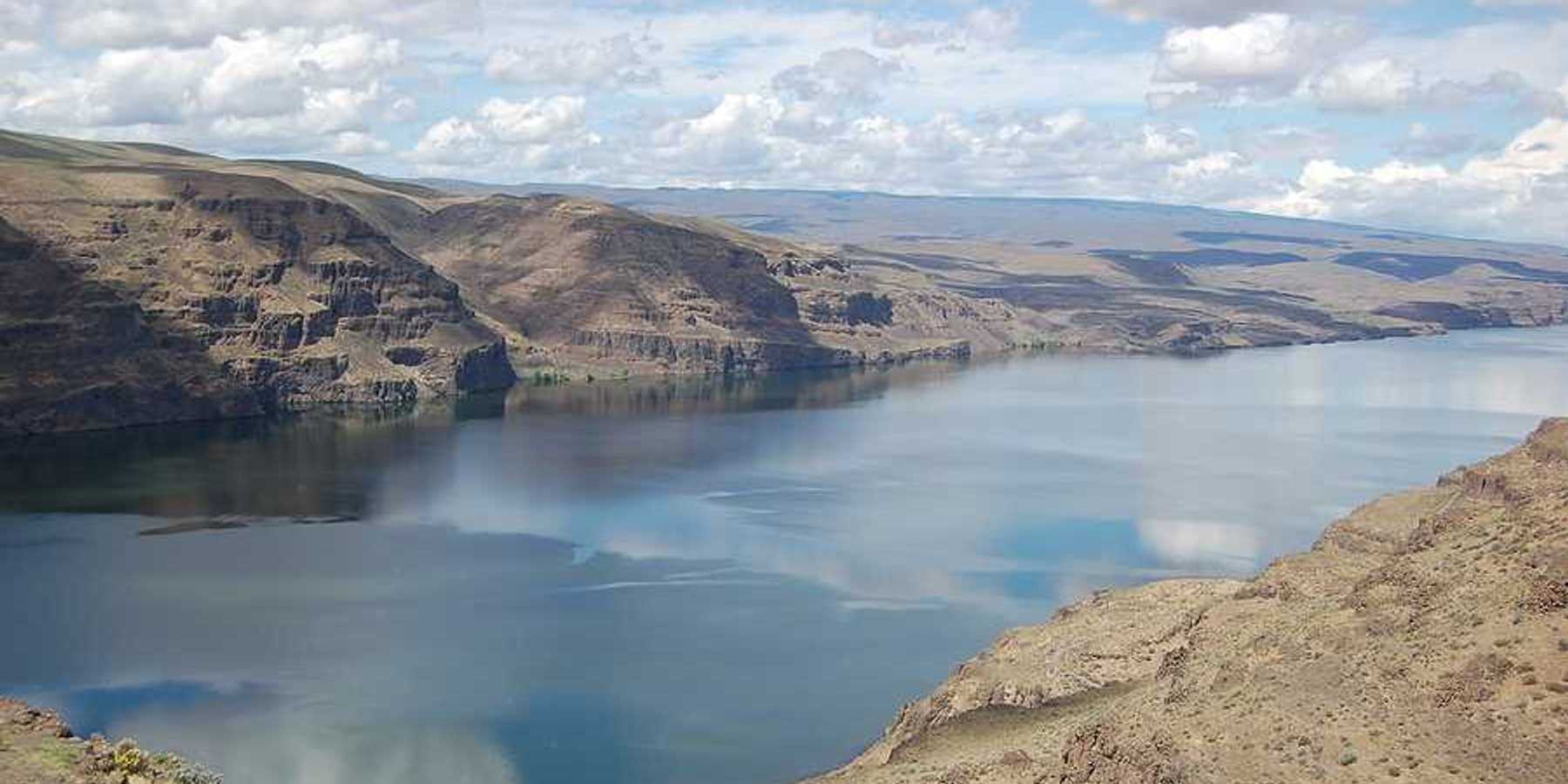Texas power demand expected to nearly double by 2030, ERCOT predicts
The Electric Reliability Council of Texas forecasts that power demand in Texas could almost double by 2030 due to new demand calculation methods and a surge in large power users.
Emily Foxhall and Kayla Guo report for The Texas Tribune.
In short:
- ERCOT’s new prediction considers company requests for grid connections before finalization and an influx of large power users like data centers and hydrogen production facilities.
- Texas’s population growth and increased electrification in the oil and gas sector are major factors driving the expected surge in power demand.
- State officials are concerned about the potential strain on the grid and are considering more oversight and new infrastructure to meet the demand.
Key quote:
“All of that is putting together a picture of a very significant, different demand growth that is forcing us to really re-think how we’re looking at planning ... ”
— Pablo Vegas, president and CEO of ERCOT
Why this matters:
ERCOT’s forecast raises concerns about the state's ability to meet this demand without compromising environmental standards or public health. As Texas continues to attract businesses with its favorable economic conditions, the pressure mounts on the existing infrastructure, potentially leading to increased carbon emissions and higher pollution levels if fossil fuel usage is ramped up to meet the growing energy needs.













